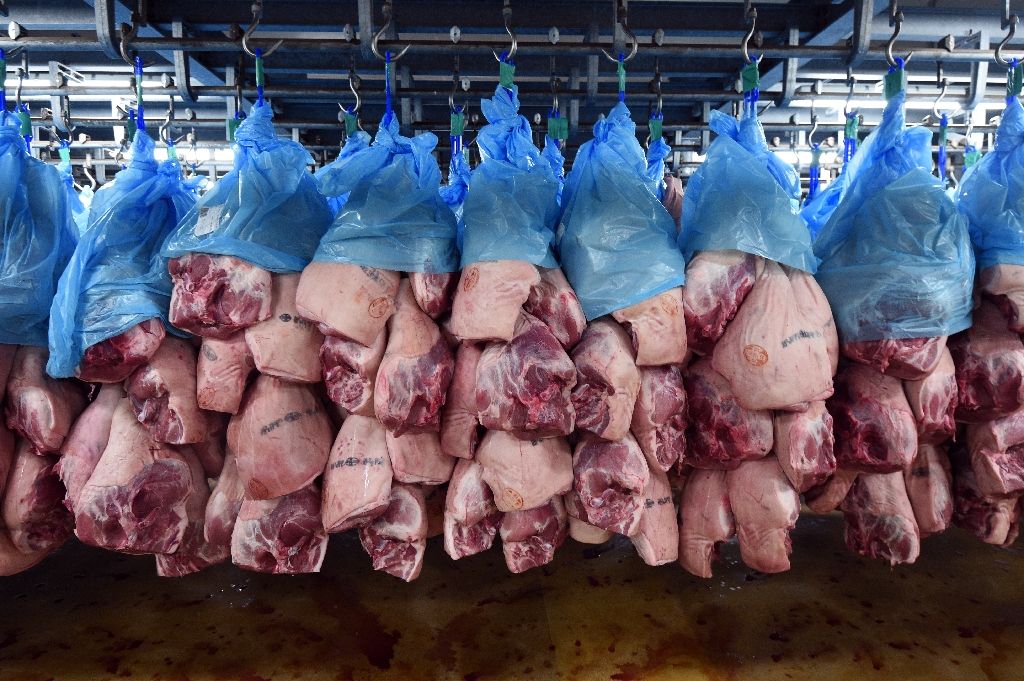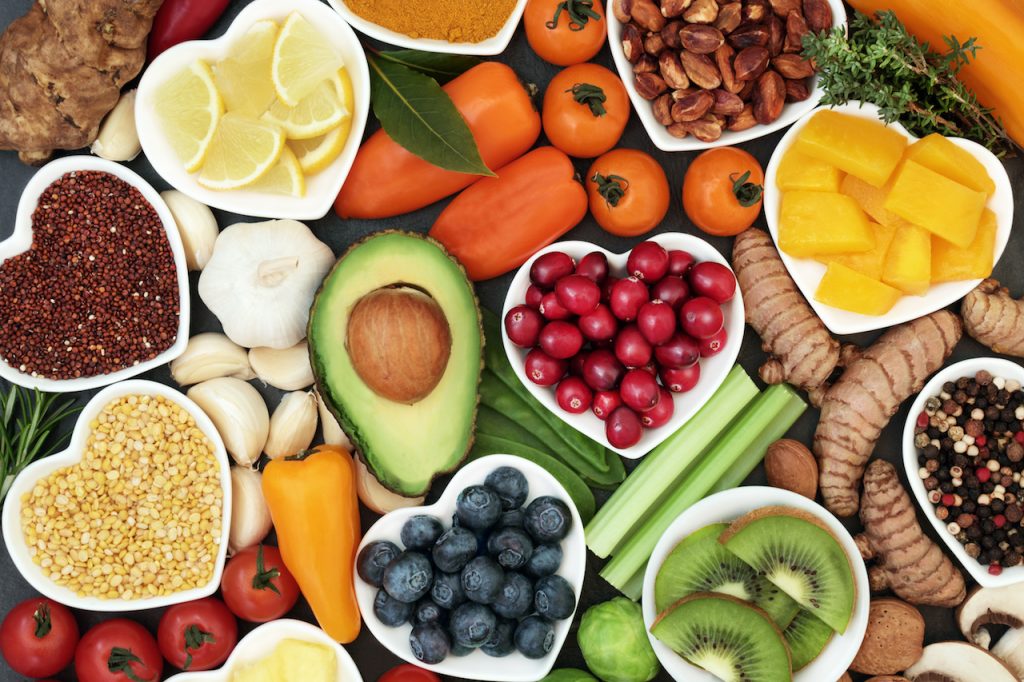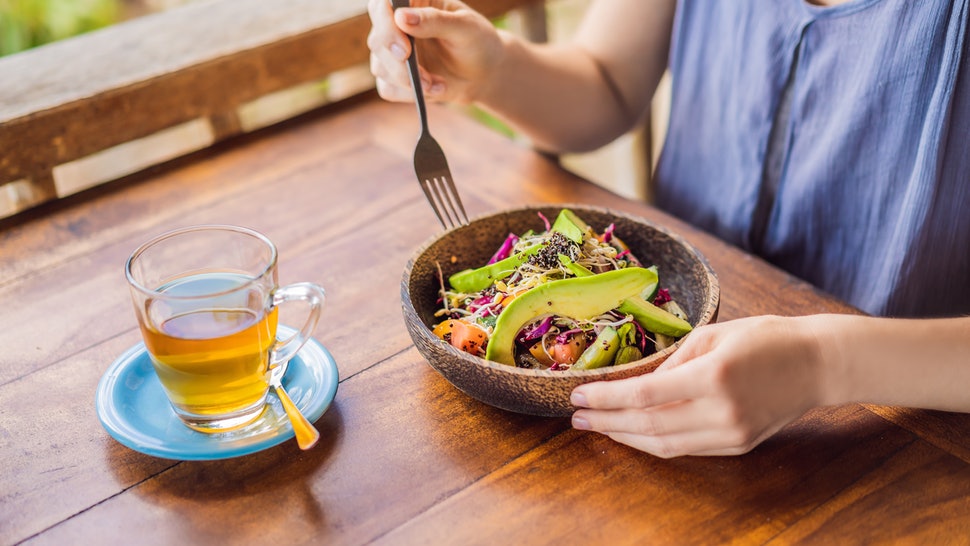Given how I became one, I don’t talk much about being a vegetarian. Each person has to come to it in his or her own way. My way, which I wouldn’t recommend, was life threatening.
There are three ways to become a vegetarian—from the head, from the heart, and from the gut. The first often doesn’t stick, and the third involves serious illness.
As humans drive more and more animals to extinction, vegetarianism represents living sustainably on the Earth. Besides, eating tenderloin rather than grains leaves a huge carbon footprint.
Becoming a vegetarian for these reasons doesn’t quite doesn’t cut it however. And it leaves one open to the charge of the “casualness with which many people make this decision.”
In an embarrassingly superficial piece in America’s newspaper of record, a senior editor wrote, with an apparently straight face: “To stop eating meat has a way of alienating us from our histories and our traditions and the people around us.”

As if most people, the West at least, aren’t alienated from “our traditions, our histories and the people around us.” The well adjusted are the kind of people who were right at home during Trump’s flyover and campaign rally lap in “The Beast” at a recent NASCAR race.
Serious people don’t cling to traditions that are no longer coherent, much less cohesive. Serious people aren’t comfortable in their illusions of “God, Family, Country,” as the godless philanderer and national disgrace shouted before his roaring mob.
The best reason I ever heard for becoming a vegetarian was a one word answer given by a religious teacher when he was asked why he didn’t eat meat. “Pity,” he replied.
For me the path to not eating animals was life altering, precisely what the reactionary editor advises avoiding in her preposterous piece, “I Admire Vegetarians. It’s a Choice I Won’t Ever Make.”
Though she was raised in America, she absurdly, contradictorily says, “The pull of family and traditional forces in Malaysia has become stronger for me even as combating climate change becomes ever more urgent.”
Having impaled herself on the horns of the human dilemma, I still wouldn’t wish on her what made me a vegetarian. Not eating animals is secondary.
Each of us is microcosm of humankind, and we have to radically change. Few people want to change however, even if they intellectually perceive the necessity.
There is no choice. Or rather, there is a choice, but there is no choosing. As Socrates pointed out a long time ago, when you really see the right thing, you act. The entire American psychological structure based on choosing flows from immense confusion.
To a vegetarian the story of the Uruguayan Rugby team that crashed in the Andes in 1972, with survivors having to eat family and teammates to survive is instructive. Having not tasted fowl or fish, cow or pig for nearly 30 years, I would feel similar qualms about eating animal flesh to survive, though I would do so.
Three decades ago, walking in hills above South San Francisco Bay after an intense meditation in which the ‘’me’ dissolved and thought was completely still, birds and squirrels didn’t flee as I passed by on a narrow, thickly vegetated path. When I stopped, they gathered around me. It moved me so much that I immediately asked myself, ‘should I be a vegetarian?’

The next day, after eating a favorite chicken taco takeout meal, I got really sick, but because the woman I was with didn’t, I assumed it was the flu. Three days and much vomiting later, I began bleeding rectally.
A sharp physician’s assistant at urgent care said that he thought I had a rare form of bacteria found in inadequately cooked chicken, and that I was so dehydrated I should be in the hospital on IV. I resisted, and he made me promise to check myself in the next morning if the horse pill antibiotic didn’t turn the tide.
The doctor came in, confirmed the diagnosis, and gave me ‘the look’ (you’ll know it when you see it). That night I saw Death waiting for me two days away, a fact the doctor confirmed in my follow-up a week later.
The first time out other than to urgent care, a tiny, elderly Chinese woman, who had escaped the Cultural Revolution, approached me through a crowd and asked straight up: “Are you a vegetarian?”
I told her of the meditation and food poisoning from chicken. Her voice boomed like thunder, though without a trace of violence: “Don’t eat animals! Don’t eat animals!” It hit me in the solar plexus. ‘Ok, ok, I get it,’ and haven’t eaten flesh since.
You can become a vegetarian from the head, the heart, or the gut. Facing the choice, don’t choose. Go with your heart.
Martin LeFevre

